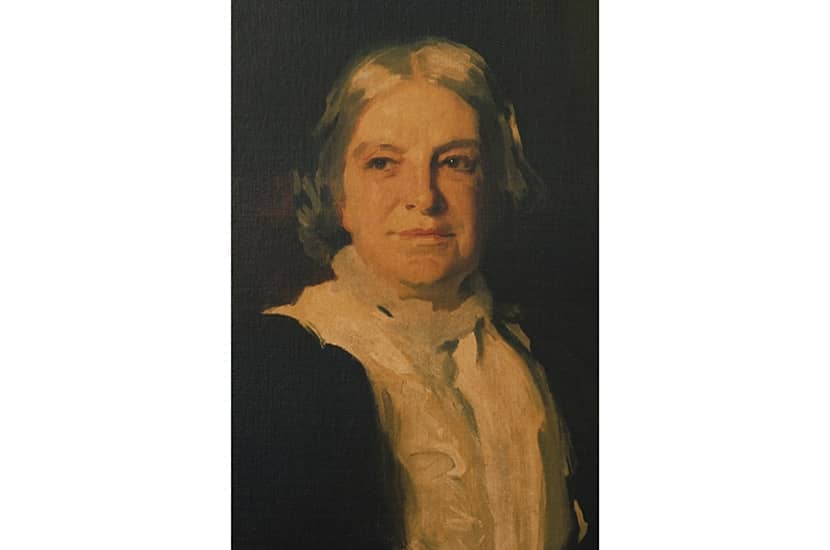One thing that Covid lockdown made us appreciate was the importance of being outdoors. When we were finally allowed into them, national and local parks became chockfull and many people rediscovered that being in the open had health benefits.
How timely, then, that Matthew Kelly has written an account of four redoubtable rural activists: Octavia Hill, Beatrix Potter, Sylvia Sayer and Pauline Dower. He describes them as ‘the women who saved the English countryside’ – which is perhaps a bit of a stretch, though it’s true that individually they fought tooth and nail to preserve vast tracts of it. Their lives spanned the past two centuries and they were all, as Theresa May would have it, ‘bloody difficult women’, each with a driving force and often a particular region that concerned them.
We are first introduced to Hill, the social reformer and co-founder of the National Trust. Her interest was chiefly in people, and her aim was to enable city workers to enjoy health-giving open spaces within easy reach of London.

Get Britain's best politics newsletters
Register to get The Spectator's insight and opinion straight to your inbox. You can then read two free articles each week.
Already a subscriber? Log in







Comments
Join the debate for just £1 a month
Be part of the conversation with other Spectator readers by getting your first three months for £3.
UNLOCK ACCESS Just £1 a monthAlready a subscriber? Log in